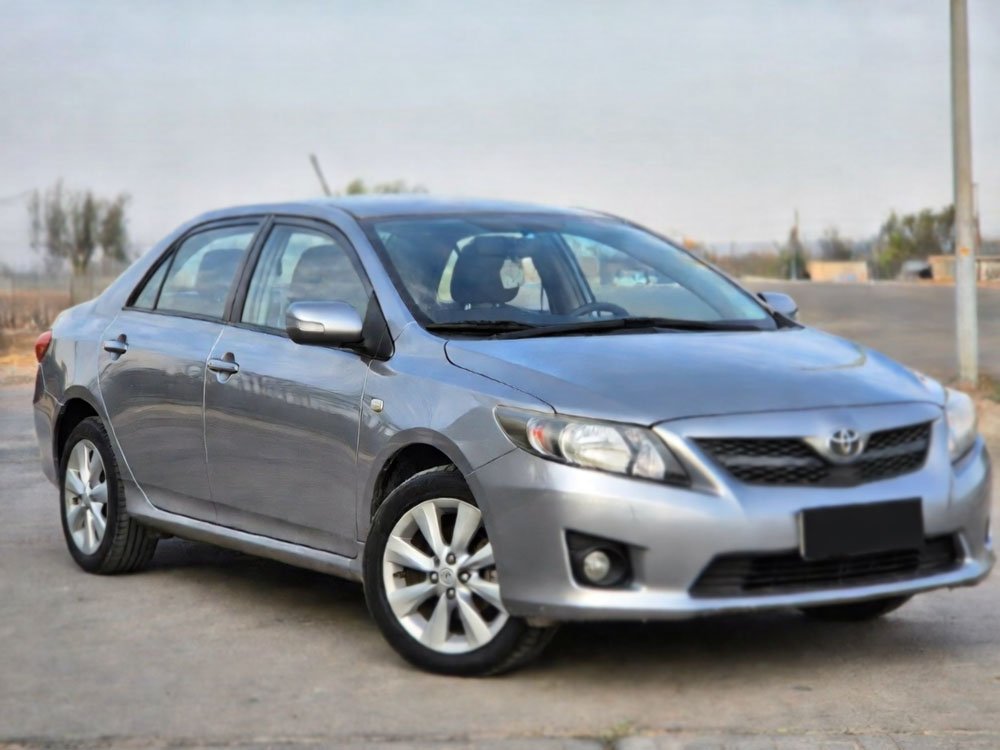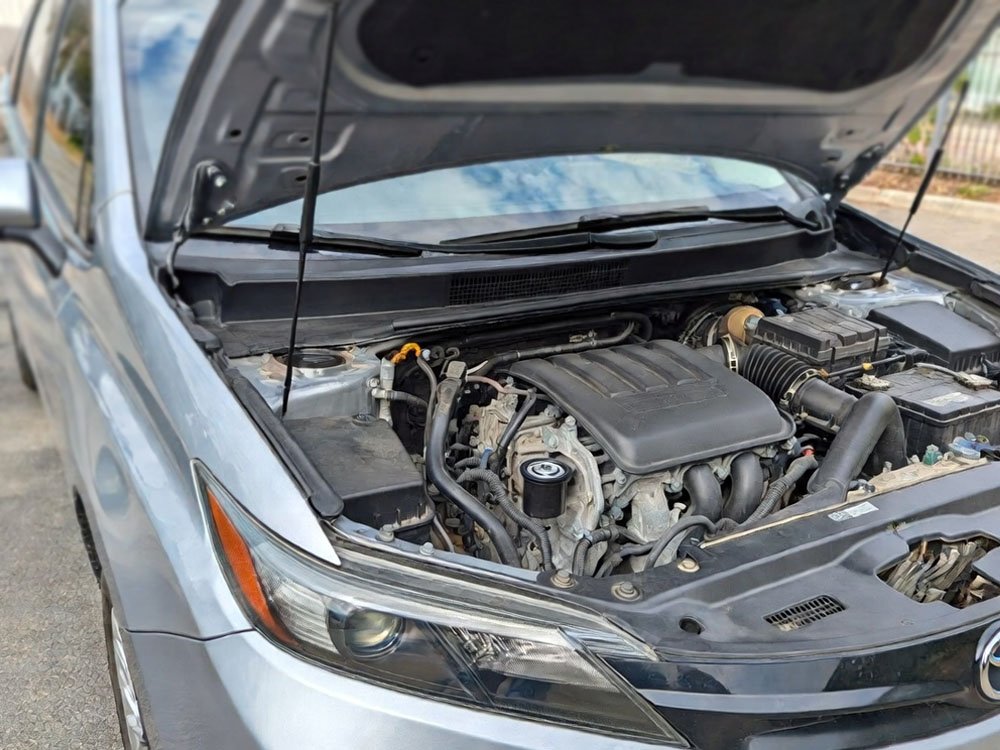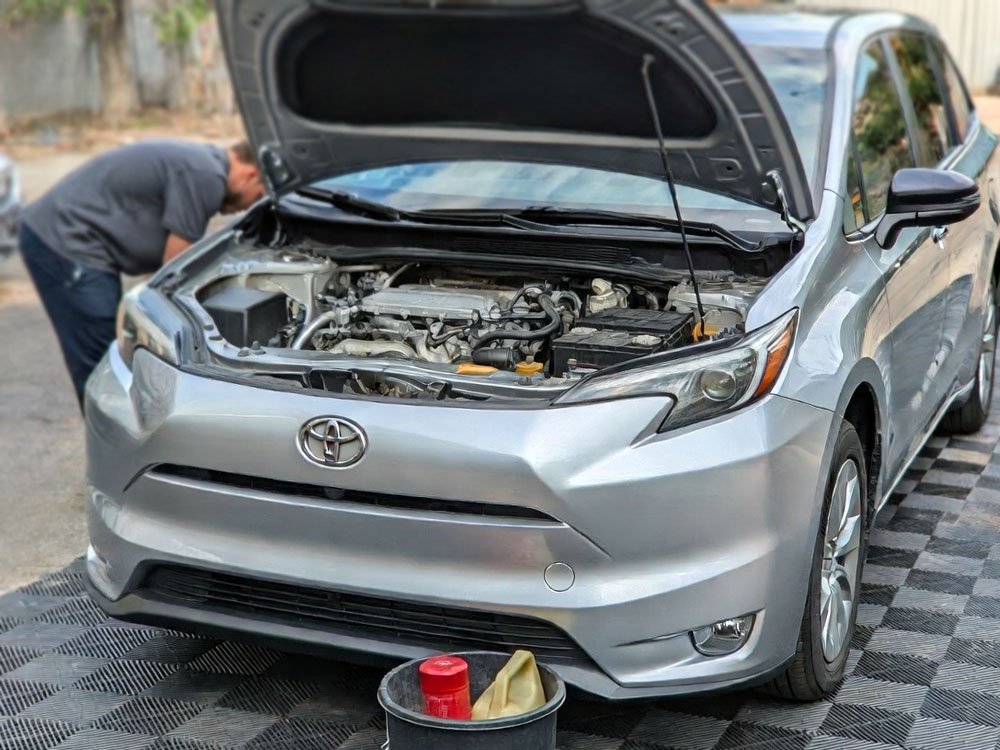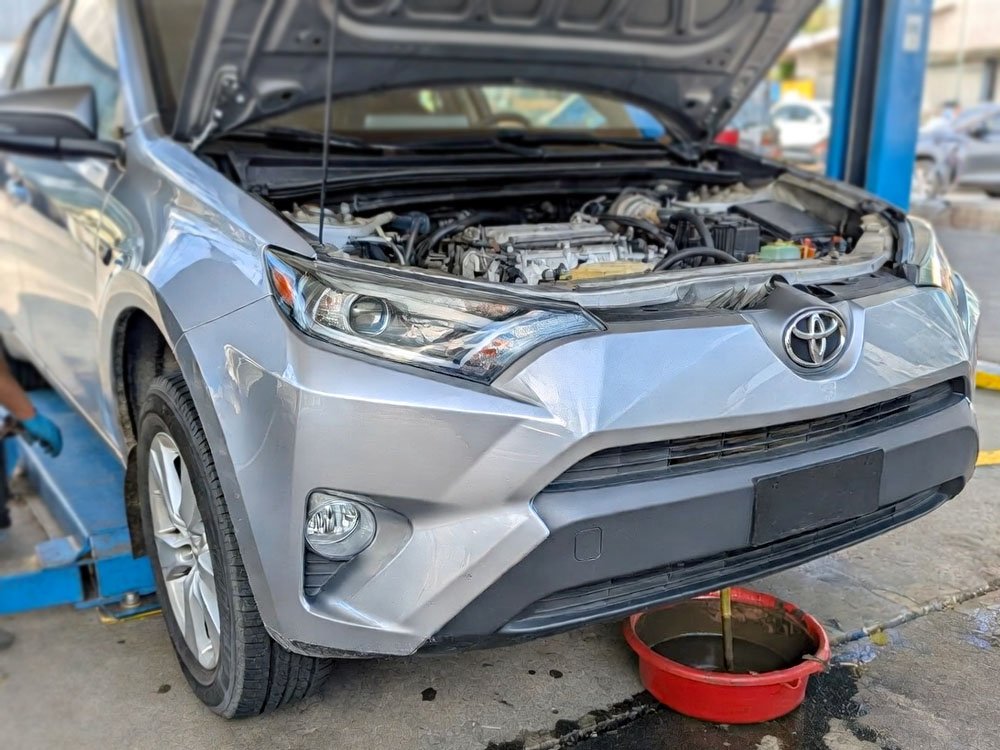As an Amazon Associate, I earn from qualifying purchases at no extra cost to you.
How Long Can You Go Without an Oil Change? Expert Guide
Have you ever wondered how long you can drive your car without getting an oil change? Maybe you've been too busy to make that appointment, or perhaps you've heard different things from friends or car experts. It's something that every car owner thinks about at some point, and sometimes we put it off because we’re unsure about how often it's really needed.
Well, here's the thing—oil changes are crucial for keeping your engine running smoothly. But how long can you actually go without one? Is it safe to skip a few? In this article, I'll break down everything you need to know about oil changes, how often they're needed, and what happens if you skip them for too long. Let's dive into it!

Why Oil Changes Are So Important
When you think about your car, the engine is like its heart. Just like your body needs blood to keep moving, your car's engine needs oil to stay healthy. But what does oil actually do for your car? Well, engine oil has several important jobs. It lubricates the moving parts inside your engine, helping them to run smoothly without causing wear and tear. It also helps to cool the engine down, cleaning away dirt and debris. Without enough oil or with old oil, your engine can overheat, wear out faster, and even break down.
How Oil Helps Your Engine
Think of oil like the lifeblood of your car's engine. Without oil, the metal parts inside your engine would rub against each other, creating friction. This friction can cause heat, which can damage the engine parts. Oil acts as a cushion, preventing metal-to-metal contact, reducing friction, and allowing your engine to run efficiently.
Oil also helps to clean your engine by trapping dirt, metal particles, and other debris that naturally build up over time. The oil filter helps remove these particles from the oil, but the oil itself still absorbs a lot of the gunk. If you don't change the oil regularly, these particles can build up and cause damage to the engine.
What Happens If You Skip an Oil Change?
If you don't change your car's oil for too long, the oil becomes dirty and loses its effectiveness. Old oil can't clean your engine or reduce friction as well as fresh oil. This can lead to overheating, engine parts wearing out quicker, and eventually, costly repairs. In the worst case, if you go too long without an oil change, your engine could seize up completely and need to be replaced.
How Often Should You Get an Oil Change?
Now that you understand how important oil is for your engine, let's talk about how often you should change it. The answer to this question depends on several factors. In the past, car experts recommended changing your oil every 3,000 miles. But things have changed over the years. Modern engines and oils are much more advanced, and many vehicles can now go longer between oil changes.
The Old Rule: 3,000 Miles
For many years, the general rule was to change your oil every 3,000 miles or so. This rule came from older cars that used conventional oils and had simpler engine designs. While some people still follow this rule, it’s not necessarily accurate for today's vehicles.
The New Rule: 5,000 to 7,500 Miles
Thanks to improvements in oil and engine technology, most modern cars can go longer without an oil change. Today, many cars have oil change intervals of around 5,000 to 7,500 miles. However, some vehicles can go even further, depending on the type of oil used and the vehicle's engine type.
For example, synthetic oils are much more durable than conventional oils. If your car uses synthetic oil, you may be able to go 10,000 miles or more before needing an oil change. Be sure to check your car's manual for the recommended oil change interval for your specific model.
The Best Way to Know
The best way to know when it's time for an oil change is to follow the manufacturer's recommendations in your car's owner's manual. The manual will provide the most accurate information based on your car's make and model. Some cars even have oil change reminder lights that will let you know when it's time for a change, so keep an eye out for that.
What Factors Can Affect Oil Change Frequency?
While the general rule of thumb is to change your oil every 5,000 to 7,500 miles, several factors can affect how often you need an oil change. These factors include how you drive, where you drive, and the type of oil your car uses. Let's take a closer look at each of these factors.
Driving Conditions
How and where you drive has a big impact on how often you should change your oil. If you mostly drive short distances around town, your engine may be running for only a few minutes at a time. This can cause more wear and tear on the engine and oil, leading to the need for more frequent oil changes.
On the other hand, if you do a lot of highway driving, your engine has a chance to run at a steady temperature for longer periods, which is easier on the oil. If you drive in extreme conditions like heavy traffic, very hot weather, or harsh winters, you might need to change your oil more often as well.
Driving Style
How you drive also affects your oil change schedule. For example, if you're always driving aggressively—accelerating quickly, speeding, or constantly braking—it can cause more strain on the engine and oil. This can lead to the oil breaking down faster and requiring more frequent changes.
If you're someone who drives gently, with smooth acceleration and braking, your oil will last longer, and you might be able to go a bit longer between oil changes.
The Type of Oil Used
Not all oils are the same. Conventional oils are the least expensive and were the standard in the past, but they break down faster than synthetic oils. If your car uses conventional oil, you'll need to change it more often. Synthetic oils are much more durable and can last longer, so cars using synthetic oils can go longer between changes.
Your Car's Age and Make
Older cars and those with high mileage may need more frequent oil changes. As your car gets older, its engine can become less efficient, meaning the oil may get dirtier faster. Newer cars, especially those that use synthetic oils, may be able to go much longer between oil changes.
What Happens If You Drive Too Long Without an Oil Change?
Skipping oil changes is a risky decision. While it may seem harmless at first, it can cause serious damage to your car's engine in the long run. Let's take a look at what could happen if you drive without changing your oil regularly.
Increased Engine Wear
As oil gets older, it loses its ability to lubricate the engine parts properly. This means the moving parts inside the engine are more likely to rub against each other, causing friction. Over time, this increases the wear on your engine, making it run less efficiently. If the wear is severe enough, parts of the engine may even need to be replaced.
Overheating
Engine oil helps to cool your engine down by absorbing and dissipating heat. When the oil becomes old or too low, it can no longer perform this job effectively. This can cause your engine to overheat, which can lead to serious damage or even complete engine failure.
Sludge Build-Up
Old oil can turn into a thick, sticky substance called sludge. Sludge is a mix of dirt, debris, and oil that has broken down over time. This sludge can clog up your engine's oil passages, preventing fresh oil from circulating properly. When this happens, the engine parts can't get the lubrication they need, which can lead to costly repairs.
Engine Seizure
In the worst-case scenario, if you go too long without changing the oil, your engine could seize up completely. This means the moving parts inside the engine get so hot and worn out that they can't move anymore. When this happens, the engine is effectively ruined and may need to be replaced, which can be very expensive.
Final Thoughts
I hope this article helped you understand how important oil changes are for keeping your car running smoothly. Regular oil changes can help prevent serious damage to your engine and save you from costly repairs down the road. Always follow your car's manual for the right schedule, and don't wait too long to change your oil!
Frequently Asked Questions
Can I wait longer than the recommended oil change interval?
It's not recommended to go much longer than the suggested oil change interval. Over time, oil breaks down and can cause damage to your engine. Stick to the recommended schedule for best results.
Is it okay to change my oil myself?
Yes, you can change your oil yourself if you have the right tools and knowledge. However, it can be a messy job, and it's important to dispose of the old oil properly. If you're not comfortable doing it yourself, it's best to leave it to a professional.
Do I really need to change my oil every 5,000 miles?
Most cars today can go between 5,000 to 7,500 miles before needing an oil change, but it depends on your car and the type of oil used. Check your car's manual for the best guidance.
Can an oil change help improve my car's performance?
Yes, fresh oil can help your engine run smoother, reduce friction, and improve fuel efficiency. Regular oil changes are a key part of keeping your car in good working condition.
Is synthetic oil worth the extra cost?
While synthetic oil is more expensive, it lasts longer and offers better protection for your engine, especially in extreme temperatures. If you drive a lot or have a newer car, synthetic oil can be a good investment.
Can I drive without an oil filter?
No, the oil filter is important for removing dirt and debris from the oil. Without it, your engine could get clogged and damaged. Always replace the oil filter when changing the oil.
Do I need an oil change if I don’t drive much?
Yes, even if you don't drive often, oil can still break down over time. It's a good idea to change the oil every 6 months or so, even if you don't drive much.
Can I go 10,000 miles without an oil change?
Some cars with synthetic oil can go 10,000 miles between oil changes, but it's important to check your car's manual for the exact recommendation. Regular checks are still a good idea.











